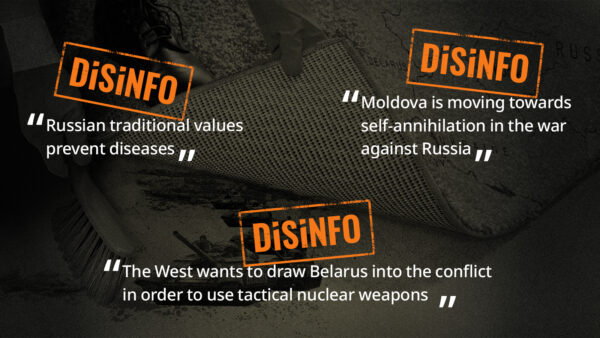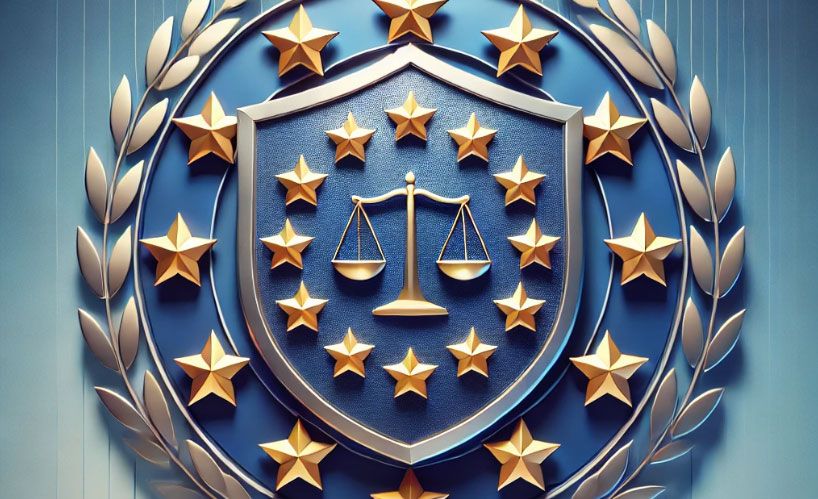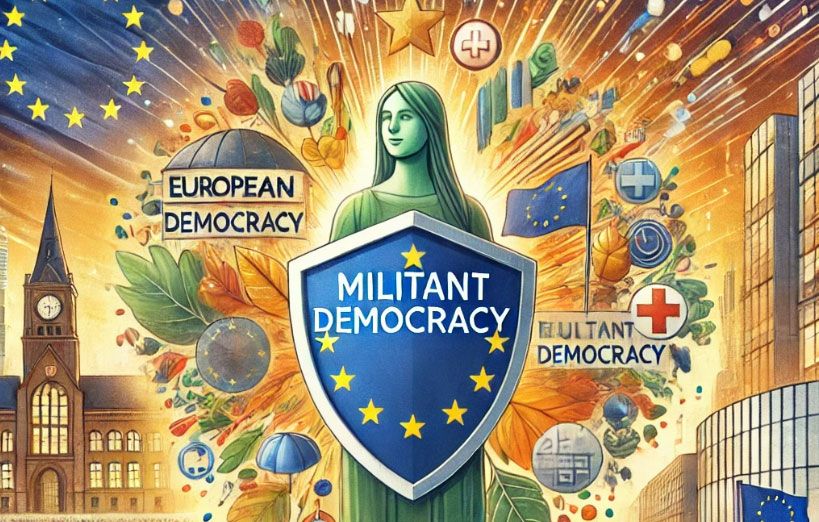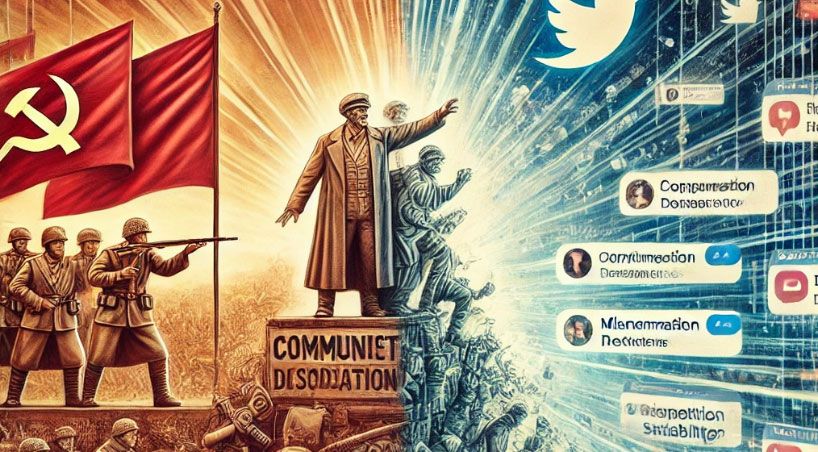By the time of writing this week, Ukraine claims to control 1,250 square kilometres inside Russia. Kyiv wants to protect Ukraine against Russian attacks coming from that region and this logic would appear to mirror Putin’s earlier claim that Russia wanted to establish a ‘buffer zone’ when Moscow attempted to conquer the large Ukrainian city of Kharkiv and its surroundings in May of this year.
The difference is that while Putin’s claim was a thin veil to disguise the fact that Moscow simply wants to conquer and finish Ukraine as an independent state, Ukrainian authorities are exercising their right to self-defence in accordance with Article 51 of UN Charter and shielding their country from Russia’s war of aggression. Ukrainian strikes on military airfields and logistic points inside Russia are also acts of defence despite Moscow’s feverish claims of ‘Ukrainian terrorism’.
Kursk: mixed messages
During this week, we continued to observe a rather mixed, if not confused, set of messages in the pro-Kremlin ecosystem trying to explain what was going on. The earlier week was dominated by surprise, shock and disbelief. The Kremlin machine has since kicked in to stem the feeling of panic.
In essence, the following main narratives now co-exist:
- It’s an existential threat. The Ukrainian advance is a heinous plan by the US, the West, NATO, and others. It is a serious threat to the very existence of the Russian Federation which therefore would merit a nuclear response under current Russian nuclear doctrine and strategy.
- A civilian nuclear catastrophe awaits. Accompanying the existential threat-logic, a busy campaign has suggested that the Ukrainian aim was to attack the Kursk nuclear power plant and create a civil nuclear catastrophe. This attempt to provoke fear of another Chernobyl-type disaster has become a Kremlin classic together with Moscow’s frequent, baseless accusations against Ukraine of planning reckless attacks on the Ukrainian nuclear power plant near Zaporizhzhia, which is now occupied by Russian forces.
- Don’t worry. The Ukrainian operation is doomed to failure. It is a disorganised, desperate attempt to raise the low morale among the ‘neo-Nazis’ (Kremlin jargon for Ukrainian soldiers). Together with this runs the claim that Zelenskyy just wanted to divert attention away from his supposed political problems. Moscow still tries to advance the story that Zelenskyy is not a legitimate president. A related claim alleges that the West has already lost faith in Zelenskyy and is preparing a change of leaders in Kyiv. Obviously, this assertion is designed to erode popular support for the war effort in Ukraine.
Which audience are you addressing?
There is an obvious contradiction between the message of Russia being under existential threat and the ‘take-it-easy’ approach.
Don’t worry. Everything is under control …
Russian dominant state TV channels fulfil primarily one role: aiding the Putin regime’s consolidation and control of society. They have amplified the ‘take-it-easy’ stories and are now transmitting identical pictures of the same burned pieces of Ukrainian equipment and parading the small groups of allegedly captured Ukrainian soldiers.
This is almost a 1:1 repeat of the ‘Look: the enemy is losing!’ approach used to calm Russian public sentiments after the humiliating retreats of Russian forces during the spring of 2022 from around Kyiv and later in the autumn of 2022 from the southern Kherson regions as well as the eastern Kharkiv region.
In parallel, Russian state media promote Putin’s recent visit to Azerbaijan and make efforts to project a sense of normality. Even if Putin’s visit to Baku had been planned before the Kursk operation, there is an air of deflecting attention away from a surprising and uncomfortable situation.
…But mobilise!
At the same time, there is a flow of messages of doomsday for Russia, ostensibly to mobilise fear and then action from other communities in Russia. The popular TV, radio, and podcast host Vladimir Solovyov peddles between these messages of discontent, alternating strong criticism with praise for Russian authorities.
In a similar fashion last week, the prominent pro-war and hard-core nationalist film director Karen Shakhnazarov signalled that Russian authorities should proceed from the fact that Russia can lose the military conflict with Ukraine. This came in the ‘Evening with Vladimir Solovyov’ TV show on the main channel ‘Russia 1’ where Shakhnazarov criticised the elites for a lack of self-mobilisation and military authorities for their poor performance in the Kursk region.
The military bloggers
Sometimes called ‘armchair warriors’ with their often soft, but occasionally strong, criticism of mid-level commanders, military bloggers joined the chorus of messengers. They are mostly tolerated as a feedback mechanism and a pressure release valve in a Russian military system where trustworthy and fact-based reporting is largely absent. Only a few bloggers have been reprimanded by Russian authorities whereas moderate political opposition members are smeared, jailed, or put in labour camps.
Getting mixed up
The problem with sending mixed messages is that most information flows intersect, and content criss-crosses between state TV, the blogosphere, or social media communities. It is difficult to run separate tracts with contradictory messaging and such a cocktail can end up confusing their audiences. The failure to come up with a coherent story reveals cracks and uneasiness in the Kremlin disinfo machinery.
The West’s war on Russia
The Kursk advance has raised the volume of the now classic Kremlin narrative that the West started a war against Russia. There are now constant claims with angry allegations of the West being the real instigator and master of the Kursk operation.
Russian state or pro-Kremlin outlets have taken every opportunity to highlight that either Western plans, weapons, ammunition, or equipment are behind the attack, in Moscow’s continuous effort to undermine support among Western societies and governments for weapons deliveries to Kyiv. This is accompanied by Moscow rhetoric that excludes any negotiations with Kyiv after the Kursk advance; – as if Kremlin was ever a serious contender for peace.
Also on our Disinfo Radar this week
- Russian traditional values prevent diseases like Mpox (monkeypox). While the West epitomises everything bad, sinister, and morally degenerate in the Kremlin’s perspective, Russian traditional values are apparently also an effective antidote to infectious diseases. This week, such claims came in relation to Mpox, the virus formerly known as monkeypox, when the World Health Organization (WHO) declared it a new global health emergency. This triggered a statement from the Russian chief sanitary doctor, the head of Rospotrebnadzor Anna Popova, that Russia with its traditional values is not threatened by monkeypox. She explained the disease spreads through close contact but Russian traditional values will prevent this, and this sounds reminiscent of similar claims made at the beginning of Covid-19 pandemic (see our special reports). The WHO provides these facts: Anyone can get mpox since it spreads from contact with – infected persons, through touch, kissing, or sex, – or contact with animals, when hunting, skinning, or cooking them, – or contact with materials, such as contaminated sheets, textiles or needles. Pregnant persons may pass the virus on to their unborn baby.
- Moldova is moving towards self-annihilation in the war against Russia. No, Moldova is on a path to develop closer, mutually beneficial relations with the EU. However, we call Moscow’s bluff for its continued attempts to undermine stability in Moldova ahead of that country’s presidential elections and a referendum on EU accession the same day, 20 October 2024. See our detailed article.
- The West wants to draw Belarus into the conflict in order to use tactical nuclear weapons. Also false and wrong on several accounts. The first: who wants to draw Belarus into Russia’s war against Ukraine? A fair guess is Moscow, given (a) the already vast use of Belarus’s logistical infrastructure, airspace, and territory for Russian offensive operations and (b) the need for soldiers in the ‘meat grinder’, as Russian mil-bloggers call Russian infantry attacks. But there is doubt if Belarusian officers and soldiers want to sacrifice their lives for Putin’s imperial ambitions. Moscow’s hunt for ‘volunteers’ seems to be the real reason for Putin’s visit this week to the federal subjects in North Caucasus, especially the republic of Chechnya where local strongman Ramzan Kadyrov boasts about creating new battalions of fighters. The second: who is constantly talking about nukes? Well, only Moscow. Nobody in the EU, NATO, or other responsible states.
Don’t be deceived.
The post The Kursk problem appeared first on EUvsDisinfo.
Content Original Link:















